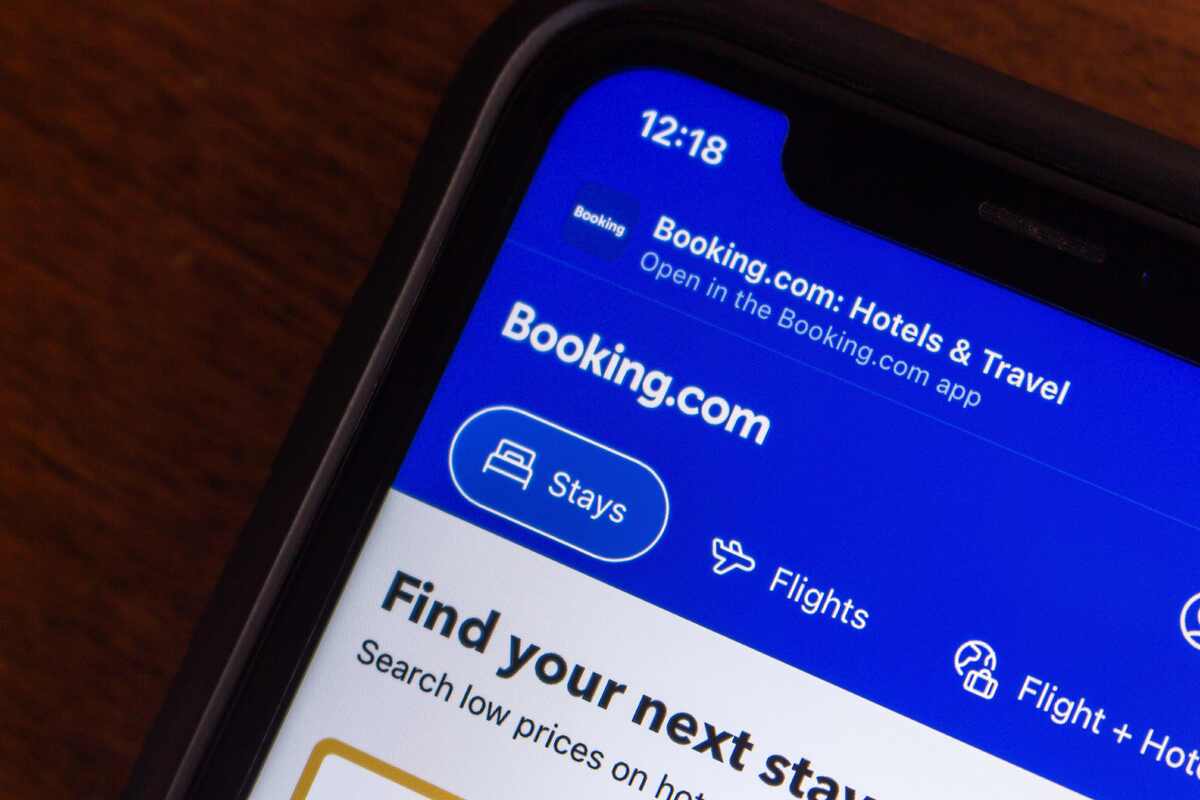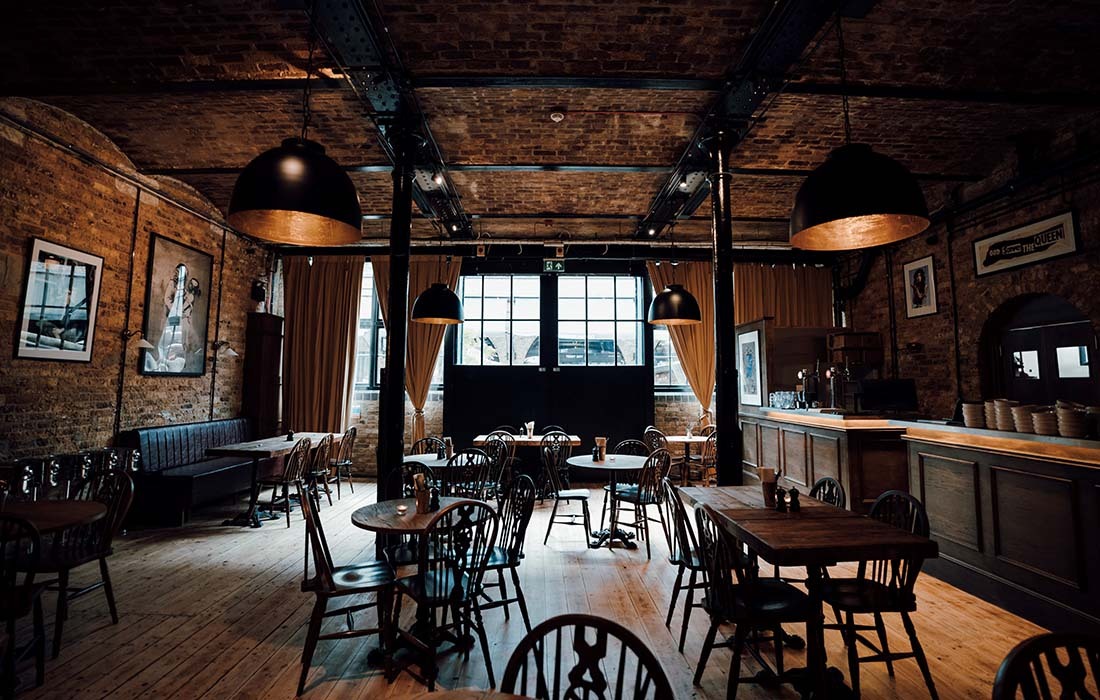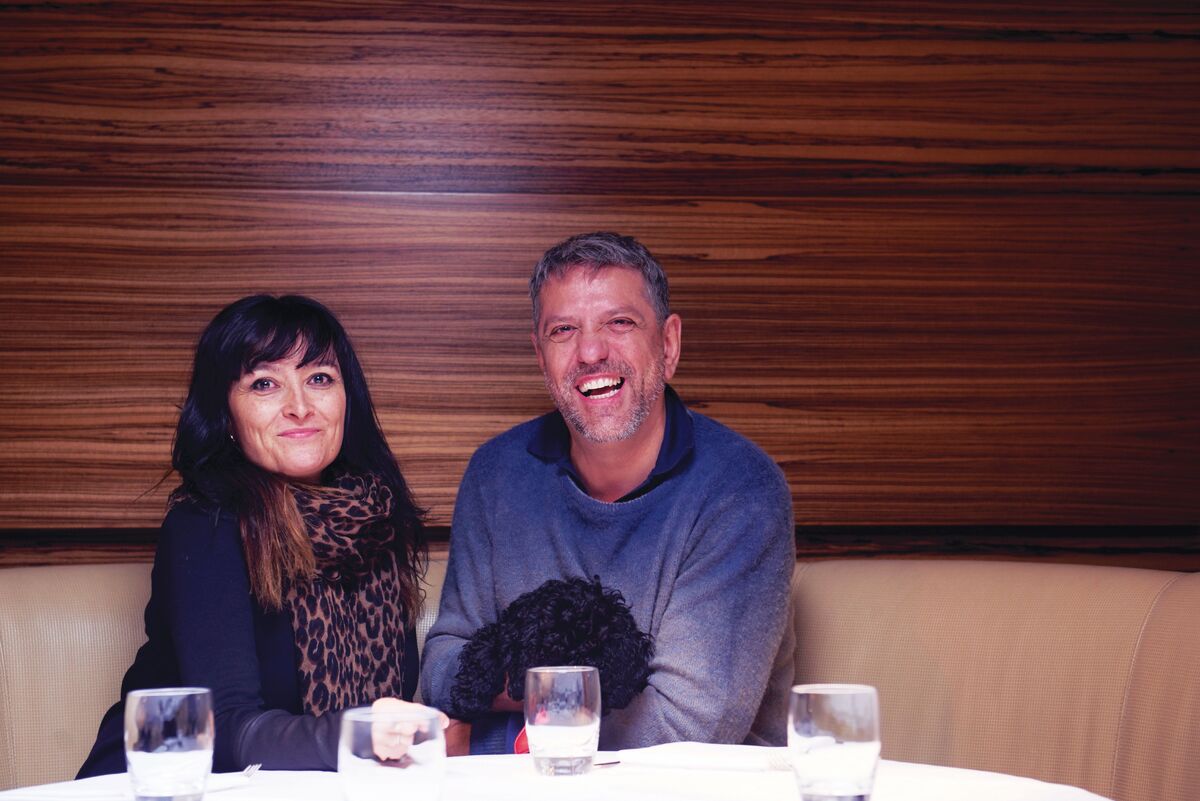Viewpoint: Showing a little compassion could solve the staffing crisis
Graduates of the Clink Charity’s hospitality courses could be some of the most loyal and devoted employees, says Yvonne Thomas
The hospitality industry has been key to the success of the Clink Charity since it was founded in 2011. Historically, we have worked with socially-minded employers when the idea of employing a prison leaver was unthinkable to many in the industry.
Roll on to 2022. Staff shortages continue to cripple the industry and we are in the great position of having employers who want to work with our graduates. So, what is involved in employing a Clink graduate? Buy-in from the HR department is critical. People leaving prison have needs and obligations that other employees do not have. They may need to attend regular probation appointments, and they may need time to put in place stable accommodation, or to re-establish links with family members broken during their time in prison. An understanding approach to these needs goes a long way to ensuring that a new employee will flourish. We find that employers who support graduates through the first few months are rewarded with loyalty and good performance.
“Being accepted as part of a team helps graduates build confidence and self-esteem eroded by prison, and hospitality at its best excels in that respect”
The Clink Charity offers all prospective employers support to understand what situations may arise with graduates, and how these can be readily managed in the workplace. All our qualified graduates can access a support worker who will match them to a suitable employer in a job in which they can succeed and develop, and who will continue to support them for as long as is needed.
Recruiting hospitality trainees in prisons has become more challenging in the past 18 months. As training in other fields has become more accessible to people in prison, there is a perception, particularly among younger males, that hospitality is badly paid, very hard work and less attractive than, for example, construction. This appears to mirror the experience of the wider hospitality labour market.
Changing the perception of hospitality from its traditional image of underpaid, overworked staff is important to us in continuing to attract and train students who can then start their careers in the knowledge that they have a long-term future with prospects.
There are some practical benefits that the industry can uniquely offer. Being accepted as part of a team helps graduates build confidence and self-esteem eroded by prison, and hospitality at its best excels in that respect. Posts with accommodation can be a major benefit for many people leaving prison, as this year, 20% of our graduates were released without accommodation. We step in and provide short-term solutions, but can you imagine trying to go to work with nowhere to live?
Employing people from prison is more challenging for employers than hiring someone from a more conventional background, but it can bring rewards beyond those of just filling a vacancy.
Yvonne Thomas is chief executive of the Clink Charity
A Clink graduate's view
“I was sentenced to four years in prison. On my journey I ended up in HMP High Down and after a while I was accepted to do a training course at the Clink restaurant.
“The staff were amazing and willing to help people learn and gain professional experience in the food industry. Not only did I learn from such amazing members of staff, but I also achieved many qualifications by the end of my sentence, which would help me find a job on release.
“I have to say the Clink is a great organisation and has helped many people achieve something we thought we never would. I would also like to say a big thank you to my support worker. She has been amazing to me, always willing to help. This is something I will never forget. I appreciate all the help I have received from the Clink while in custody and on release.”















